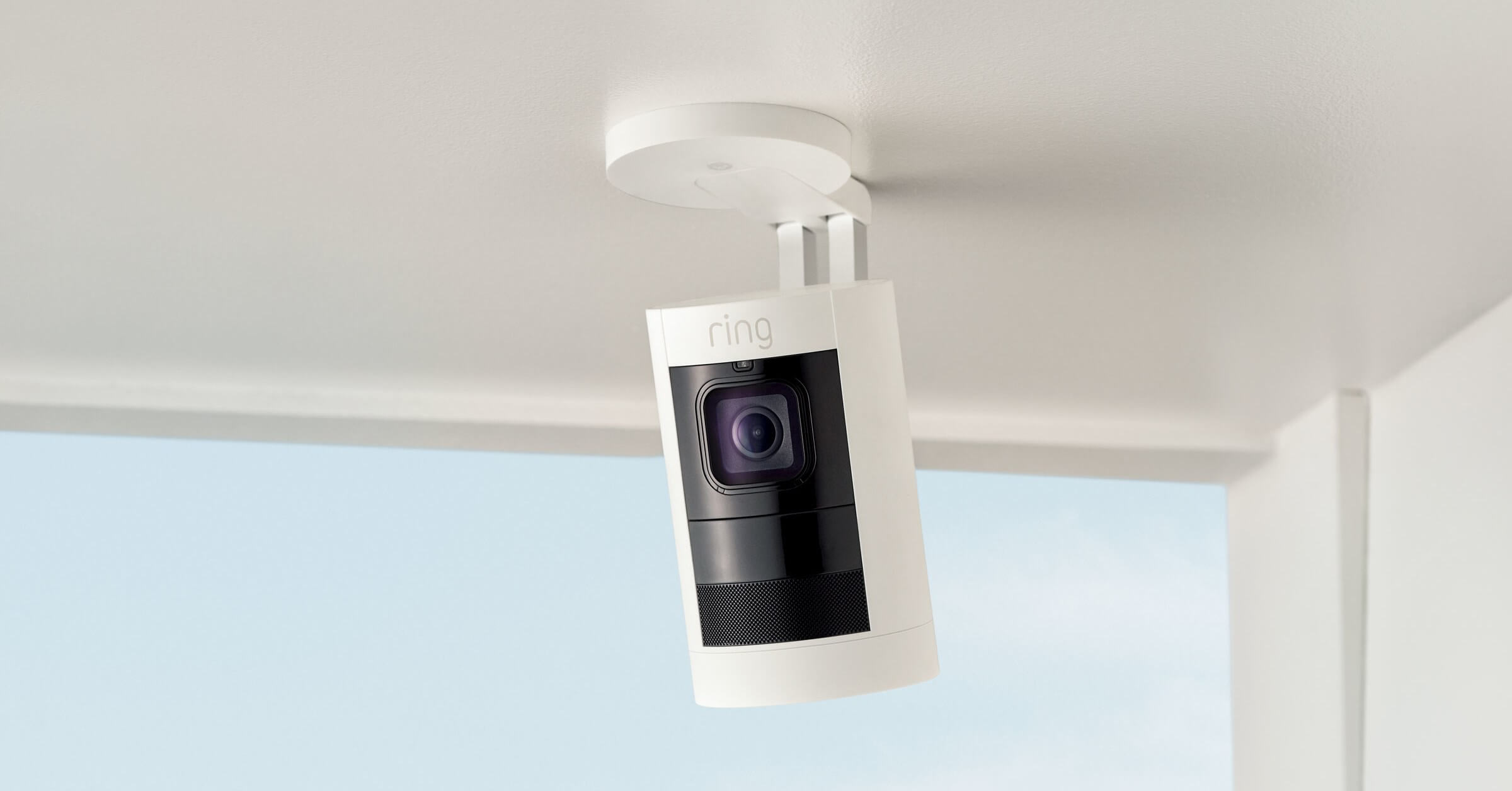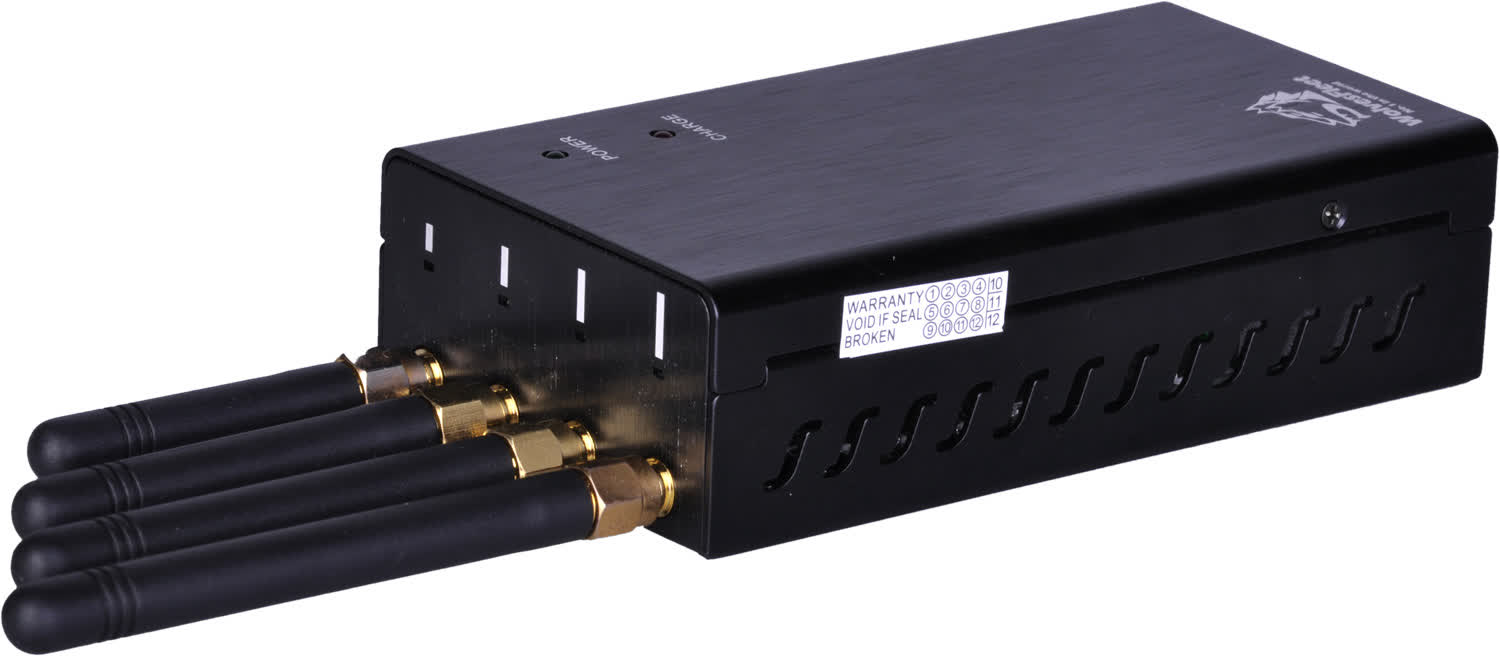In brief: In another story that illustrates the increasing tech-savviness of thieves, police in Minnesota say burglars have been using Wi-Fi jammers to temporarily disable homeowners' connected security systems. The perpetrators are believed to have used the technique in nine robberies over the last six months.
Police in Edina, Minnesota, said that the string of burglaries over the past half a year doesn't involve victims who are chosen at random; instead, the criminals are watching homes in affluent neighborhoods and entering when they are unoccupied to avoid confrontations.
What's interesting about this case is that those behind the robberies are using Wi-Fi jammers to knock out the homes' security systems, such as surveillance cameras. Once inside, they steal safes, jewelry, and other high-end luxury items.
Cyber security expert Mark Lanterman told KARE11 that jammers don't block signals, but overload the wireless networks so the real traffic cannot get through to the devices.
As per the FCC, federal law prohibits the operation, marketing, or sale of any type of jamming equipment that interferes with authorized radio communications, including cellular and personal communication services, police radar, and global positioning systems. There are no exemptions for use within a business, classroom, residence, or vehicle, and local law enforcement agencies do not have independent authority to use jamming equipment.
But the Wi-Fi jammers can still be purchased online from outside the United States for between $40 and $1,000. There have been cases of these devices being used to circumvent connected home security systems, such as Ring video doorbells, for a few years now.
Some of the suggested ways to mitigate the risks posed by Wi-Fi jammer burglaries include using a hardline camera inside/outside your home that connects directly to local storage. It's also advised that people install security alarms and lights that don't rely on wireless networks. And given that these burglaries took place when the houses were empty, leaving lights or the TV on might make your home a less appealing target.
H/t: Tom's Hardware

